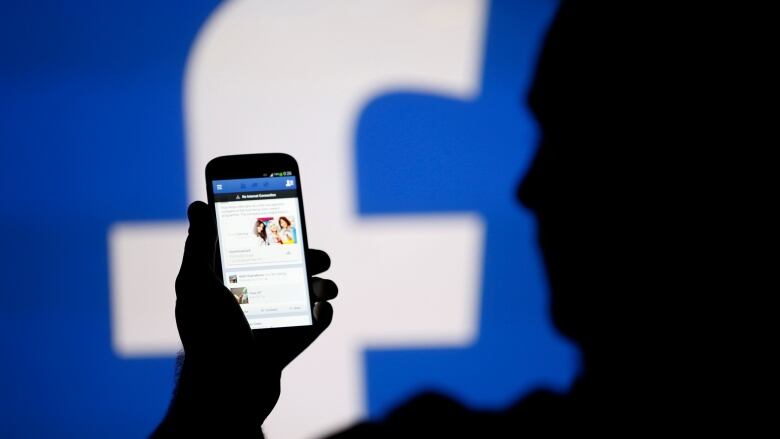Facebook promises more transparency for advertisers
The social network is trying to rebuild trust with marketers after inflating key video ad metrics

Two months after Facebookadmitted it had inflated the average time it told advertisers that users were watching their video ads, the company is promising better data to give ad buyers a clearer picture of how they are spending their money.
The world's biggest online social network on Wednesday launched a new blog on its website called Metrics FYI, where itwill share updates and corrections for its data.
"We want to ensure our clients trust and believe in themetrics that we are providing," Carolyn Everson, Facebook's vice president of global market solutions told Reuters.
Getting advertisers to buy more video ads is key to Facebook's continued revenue growth, as they fetch higher ratesfrom advertisers than text or photo-based ads.
Facebook, along with Alphabet'sGoogle andother large digital companies, has been criticized for a lack of transparency in how it measures the performance of videos.
Particularly, the lack of a universally agreed method ofcalculating how much time people are watching online video has been a sore spot for advertisers.
Shares of Facebook were down 2.5 percent at $114.30 inpremarket trading on the New York Stock Exchange.
Inflated numbers
In September, Facebook told advertisers that the averagetime users spent viewing online ads was artificially inflated,because it was only counting videos that were watched for atleast three seconds, its benchmark for a "view."
Facebook left out those who watched for less than threeseconds, or who did not watch the video at all, which gaveadvertisers the impression their videos were performing betterthan they really were.
Since the admission and ensuing criticism from advertisers,Everson said Facebook has been in contact with clients and adcommunity trade groups, including the Interactive AdvertisingBureau and the Association of National Advertisers (ANA).
Facebook also said on Wednesday it is in the process offorming what it called a 'Measurement Council,' which willinclude measurement experts from clients and ad agencies.
One of Facebook's prominent advertisers, Swiss food anddrink company Nestle SA, is already on board, Eversonsaid, and the council should be up and running by early 2017.
The ANA, which represents Procter & Gamble, AT&T andother major advertisers, has called on Facebook to get itsmetrics accredited by the Media Rating Council (MRC), anindependent media measurement audit group.
While Facebook's internal metrics are not accredited by thatgroup, it does use MRC-accredited third-party vendors, such asNielsen and comScore, to help advertisers verify certain data.












_(720p).jpg)


 OFFICIAL HD MUSIC VIDEO.jpg)
.jpg)



























































































